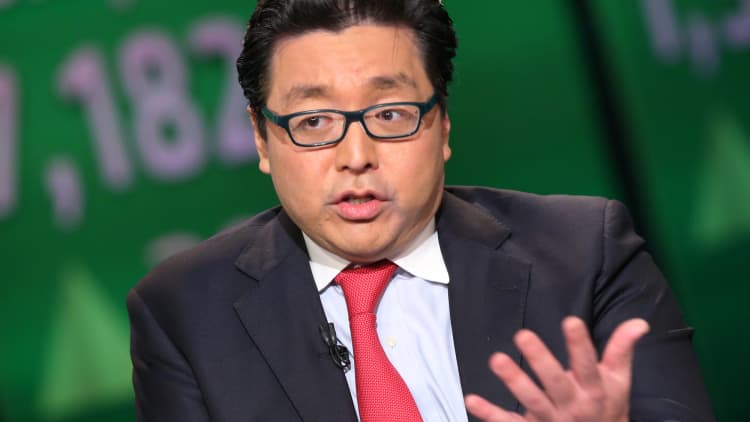
Consumers might one day be able to charge their purchases on their credit cards using bitcoin as a currency.
On Tuesday, Mastercard won a patent to protect a method that would manage "fractional reserves of blockchain currency."
At present, Mastercard holders can only pay for things using currency that the government has declared as legal tender, Seth Eisen, Mastercard's senior vice president for communications, said.
In the document, published with the U.S. Patent and Trademark Office, Mastercard said that there has been "increased usage" in blockchain currencies by consumers who "value anonymity and security."
But there are disadvantages to using digital currency, the document noted, and there's a need to improve the storage and processing capability of such transactions.
"While blockchain currencies can often provide such safety and security for the payer's information, such security may be limited for payees, particularly due to the limitations of the blockchain," the document said. For example, digital coin transactions still take longer: about 10 minutes for blockchain transactions versus nanoseconds for traditional payments.
As a result, both consumers and merchants have to wait a "significant amount of time" for these digital transactions to go through, or "rely on the payer's good faith" that they are valid, said the document. It added that in the latter instances, the anonymity of the blockchain may leave those accepting payments at a disadvantage.
"Many entities, particularly merchants, retailers, service providers, and other purveyors of goods and services, may be wary of accepting blockchain currency for products and participating in blockchain transactions," the document concluded.
However, while the details are still unclear, if the method was brought to market, it could speed up blockchain transactions by allowing cardholders to instantly pay for things on their credit card with a fraction of their digital currency.
In an email to CNBC, Eisen wrote, "We’re consistently looking at ways to bring new thinking and new innovations to market to create value for us and our customers and cardholders. Patent applications are part of that process, taking steps to protect the company’s intellectual property, whether or not the idea ever comes to market."
Eisen said currently, no products have been brought to market.
Still, Fundstrat Global Advisors Tom Lee told CNBC that this is good news for digital currency.
"It’s really validating the idea that digital money, or blockchain-based money, is a valid form of transaction," Lee, who serves as managing partner and head of research at the equity research firm, said on "Fast Money" Tuesday.
The bitcoin bull pointed out that other countries, such as Japan, have "taken a much more positive view on digital money, or blockchain based money, being real transactions."
Crypto traders celebrated Tuesday as bitcoin passed $7,000 around 2 p.m. ET and held steady above $7,300 for most of the day, according to Coinbase. That's an increase of about 13 percent from a month ago.
Bitcoin fell below $6,000 in June, in what some traders deemed was a cryptocurrency bear market. The coin bounced back a few days later. Still, bitcoin, the largest digital coin by market cap — valued at more than $125 billion, according to CoinMarketCap — is nowhere near its December peak when it was priced around $19,500.


